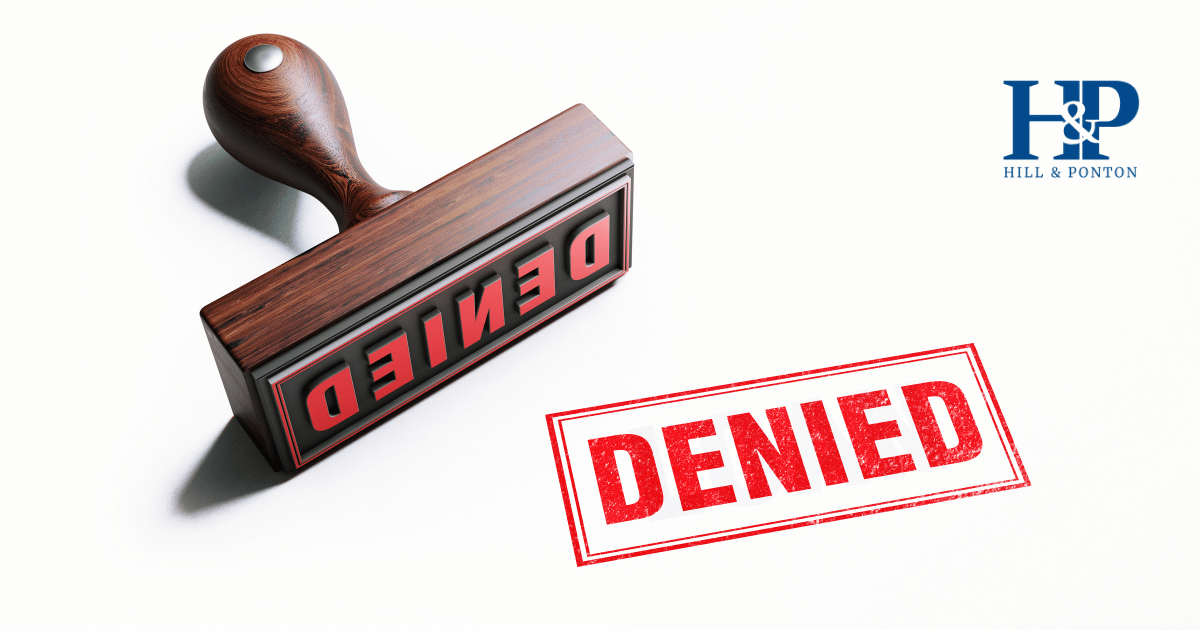A Compensation and Pension (C&P) exam is a medical examination performed by a VA healthcare provider or a VA-contracted physician to assess the current state of a veteran’s conditions.
The VA uses these findings to assess three primary things:
- Determine Service Connection: The C&P exam helps verify whether a veteran’s disability is related to their time in the military.
- Provides, Clarifies or Confirms a Diagnosis
- Assess Severity: It evaluates how severe the disability is and how it affects the veteran’s day-to-day life and ability to work.
Depending on what a medical examiner is assessing will determine what exactly happens during this exam, but there is a common question that many veterans still wonder: how important is this exam in the final decision for approving my VA disability claim?
How much does a C&P exam matter?
The exact answer can actually depend on a lot of different factors, but it’s safe to say you should treat a C&P exam as a critical part of your VA disability claim and it contributes a lot to a successful outcome. Let’s use an analogy to explain why.
Think of your VA disability claim much like building a home and the C&P exam is the foundation.
Just as a house relies on a strong foundation to support its structure, your VA disability claim depends heavily on the C&P exam.
Let’s use the house and foundation analogy to help solidify a few key points as to why C&P exams can make or break a claim.
- It provides essential support. Just as the foundation supports the entire house, the findings from your C&P exam support your disability claim by providing important evidence about your condition and its connection to your military service.
- It provides stability. Without a solid foundation, a house would be unstable and prone to issues. Similarly, without a thorough and accurate C&P exam, your claim might not stand strong in the VA’s decision-making process.
- It holds everything together. Perhaps the most important factor is that like a foundation for a house, C&P exams hold together all the elements of your claim, ensuring they align to support your case.
In essence, while the foundation doesn’t really contribute to the appearance or final look of the house, it’s still critical for its integrity.
Likewise, while the C&P exam doesn’t make the final decision, it plays a vital role in the outcome of your VA disability claim.
How Can You Ensure Success with Your Exam?
Okay, so we’ve established that Compensation and Pension (C&P) exams weigh heavily on the outcome of your VA disability claim. They are essentially the foundation of your house.
What can you do to help ensure you have the best possible outcome?
Preparation is paramount to your success and to ensure the exam accurately reflects your disability and its impacts on your life.
Here’s some tips to consider:
- Make sure to document everything. If there’s one thing that will always be beneficial to a veteran for their VA disability claim, it is evidence. It cannot be understated, and this includes its usefulness with a C&P exam. Keep detailed notes of your symptoms, their severity and how it’s impacting your day-to-day life.
- Be honest about how you’re doing and what your worst days are really like. Even if you are feeling better than normal on the day of your exam, be forthcoming with your examiner that this is not typical. Try to be as honest and open about your bad days and how they impact you, because this is what the examiner and the VA need to know in order to help you the most.
- Know the important details of your medical history. Make sure you understand and are able to answer questions regarding your medical records, including what treatments you’ve had, what medications you are on, doctors visits you’ve gone to outside of the VA. This is why having documentation can sometimes be so helpful, because it can be hard to remember.
- Bring a trusted loved one or friend with you. Consider having a family member or a close friend accompany you to the exam. They can provide support and additional information, but also be a second set of eyes should something happen that you need to bring up at a later date for any reason.
Why You Should Act if You Disagree with Your C&P Exam Results
As mentioned throughout this article, C&P exams are very important in determining the outcome of your VA disability claim.
If for any reason you believe the results of your exam are inaccurate, incomplete or your medical examiner was a factor in why the exam was unsuccessful, it’s important to act as swiftly as possible.
It’s better to try to solve the problem while your claim is still in the process of being decided upon versus having to fight the VA in an appeal later.
Here’s some options for you to consider if you need to challenge your results:
- Object to the Exam: Challenge the report if you feel your examiner overlooked critical evidence, drew unsupported conclusions or displayed any bias. You may also want to question the examiner’s qualifications if they, for any reason, seemed unfit to evaluate your condition. For example, if you had a psychiatrist (a doctor who sees patients for mental health conditions) evaluating you for hearing loss (an audiologist or ENT would be appropriate in this case).
- Supplement Your Claim: Submit additional evidence such as second opinions from private doctors, statements from close family and friends (including any who attended your C&P with you), a personal statement that reflects about your C&P exam, or any new medical records, to help strengthen your claim.
- Request a New Exam: If the initial C&P exam was flawed for any reason, you can attempt to request a new exam, especially if you can prove the first exam was biased or critical information was overlooked. Additionally, if you feel like something impacting you that was out of your control influenced the results of the exam substantially, you can also consider this, too. It’s important the results accurately reflect your condition.
Occasionally, a favorable C&P exam can still be denied, but it’s important to do everything you can to advocate for yourself in the case of a poor outcome.
If all else fails and you find yourself needing to appeal a denied claim, consider working with an experienced VA disability attorney like Hill & Ponton, to help navigate the process and improve your chances as a favorable outcome.
Contact us for a free case evaluation today.
Did the VA Deny Your Disability Claim?
Let our team review your case today!
Get a Free Case Evaluation



